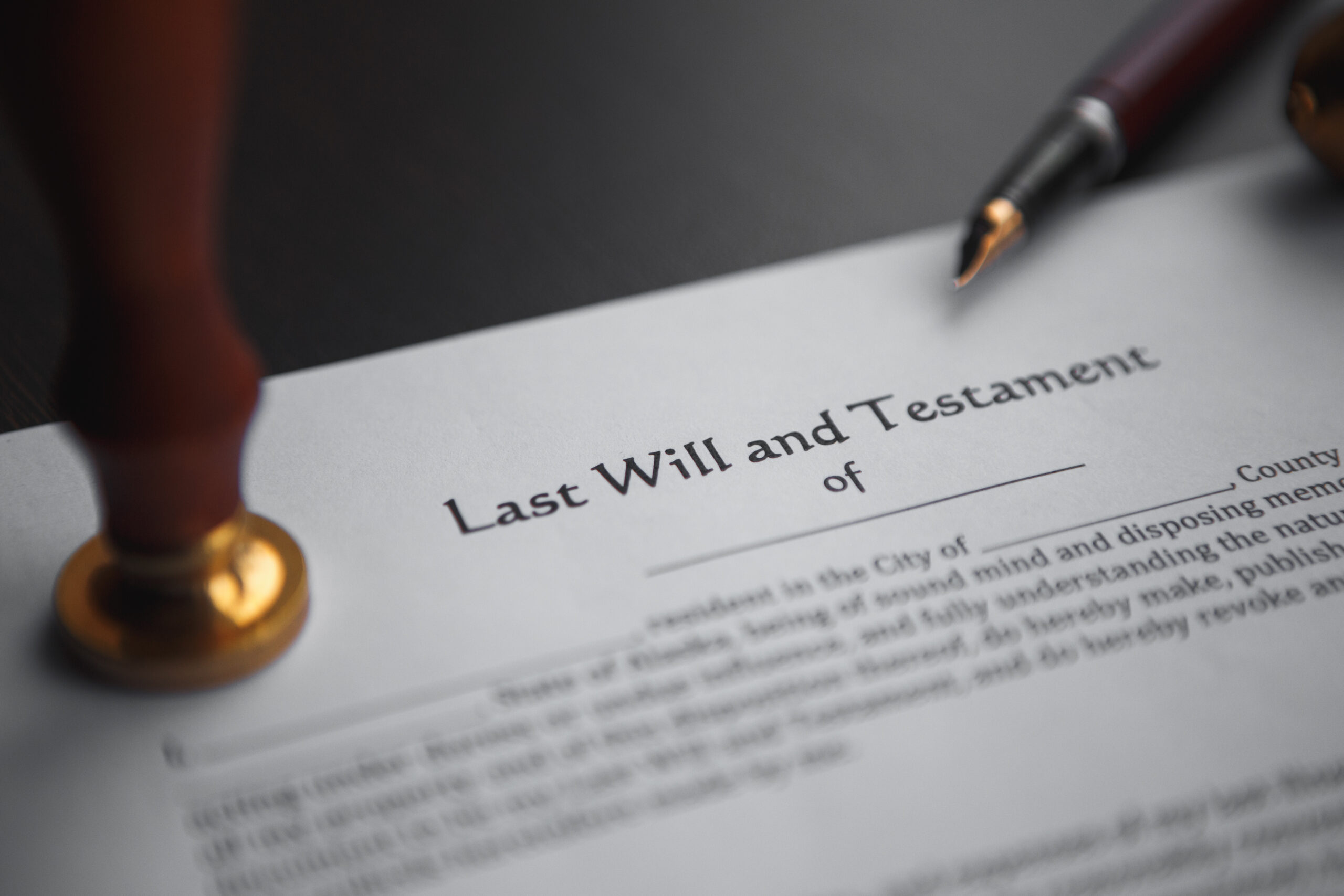
What Makes a Will Valid in New York?
When it comes to securing your legacy and ensuring the welfare of those you cherish most, few things are as important as a well-drafted, legally-valid Will. As a New York resident, you must follow a unique set of rules and stipulations to be certain that your Will is legally enforceable. If you don’t follow the correct procedures, your Will might not be valid, creating a host of problems for your heirs after you die.
At Jeffrey M. Rosenblum, P.C., we’ve spent years guiding countless clients through this intricate process and empowering them with the knowledge they need. A Melville, N.Y., estate planning lawyer can help you meet the requirements to create a valid Will and safeguard your family’s future.
Requirements for a Valid Will in New York
According to the Consolidated Laws of New York, anyone at least 18 years old who is “of sound mind and memory” can create a Will. But what does “of sound mind and memory” mean?
First, being “of sound mind” means someone has a clear understanding and awareness of their actions. They should comprehend that they are creating a legal document outlining how they wish to divide their property and other assets after death. Second, the person making the Will must have a general understanding of the nature and extent of their property. In simpler terms, they should know what they own and how much it’s worth. This could include real estate, bank accounts, investments, and personal property.
The “memory” component implies that the person remembers and can identify their close family members, as those are the individuals who typically inherit someone’s estate. They should understand their relationship with these individuals and consider any implications their decisions could have.
Assuming someone is “of sound mind and memory,” there are a few other requirements they must meet to create a valid Will. Another state law specifies these requirements, which include:
- The Will must be written down, except in extremely limited circumstances.
- The person creating the Will, called the “testator,” must sign the will or have someone sign the Will in their name. If someone else signs the Will for the testator, they must do so in the testator’s presence. They must also sign their own name and note their address on the Will.
- Two people must witness the testator or their agent sign the Will. These witnesses should not be named in the Will or benefit from it in any way.
- Before signing the document, the testator must tell both witnesses that the document they are witnessing is the testator’s Will.
What Happens If You Die Without a Valid Will?
If someone dies in New York without a valid Will, the situation is referred to as dying “intestate.” When this occurs, the distribution of the deceased’s property follows New York’s intestacy laws rather than the individual’s specific wishes.
Under these laws, the deceased’s property is divided among the surviving relatives based on a predetermined formula. Who receives what largely depends on which relatives are alive at the time of the person’s death. For example, if the deceased has a surviving spouse and no children, the spouse inherits everything.
How We Can Help You Create a Valid Will
At Jeffrey M. Rosenblum, P.C., we know how stressful drafting a Will can be. We can help you understand the legal requirements to create a valid Will, draft the document to ensure your wishes are clear, assist with finding proper witnesses to your Will, and store your Will in a safe, secure place. We want to give you the peace of mind that comes with knowing your estate plan is set and your family will have the benefit of your assets. Call us at (866) 637-7300 or complete our contact form for a consultation.

